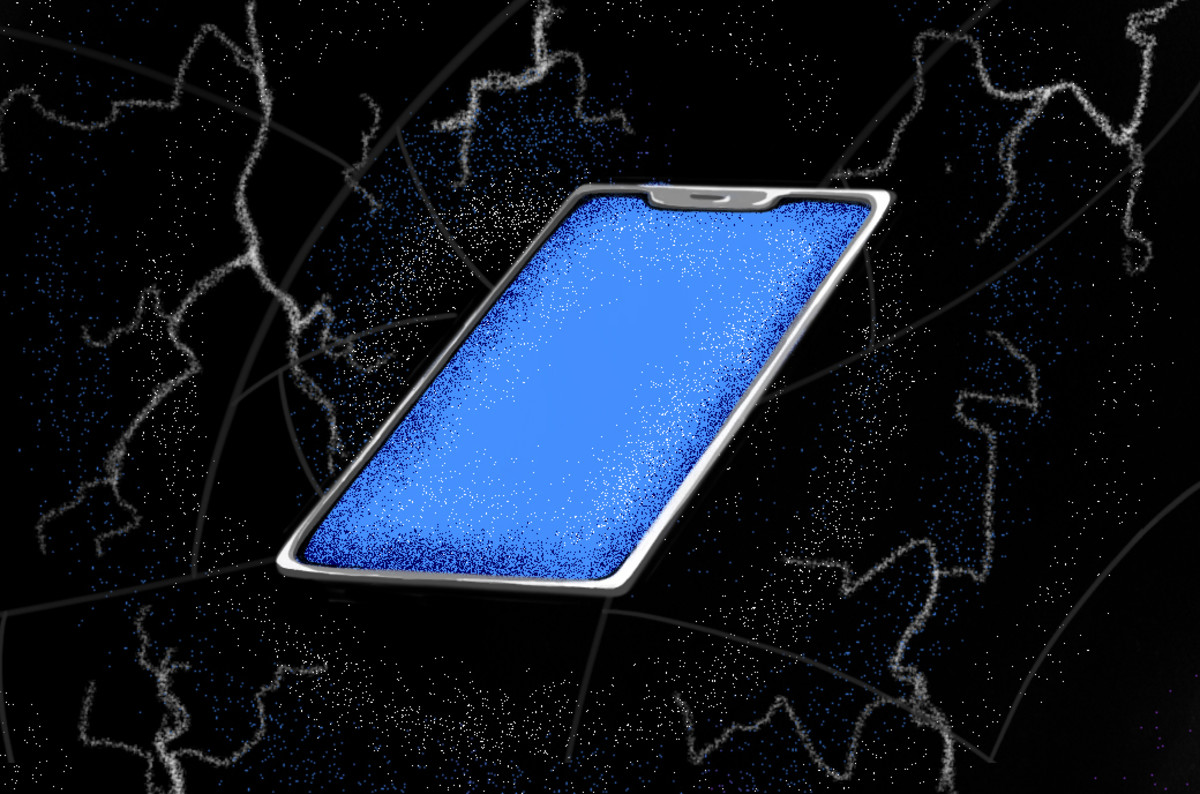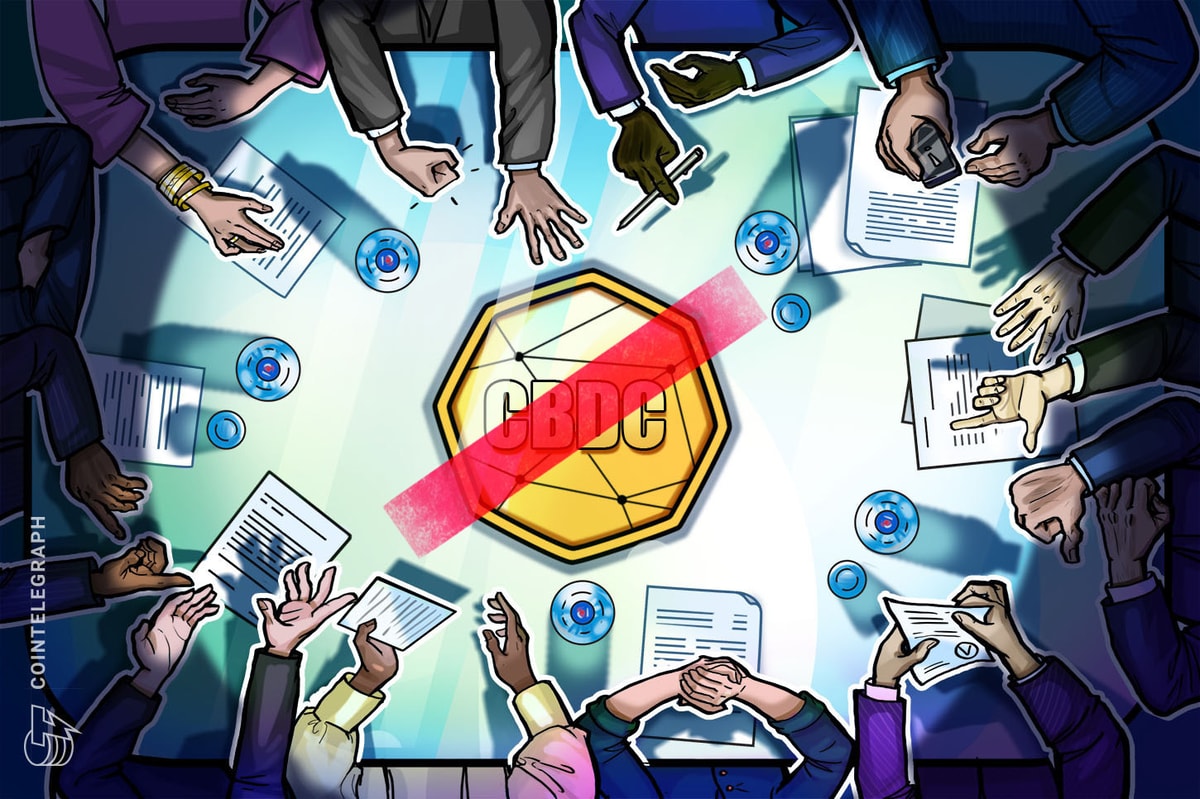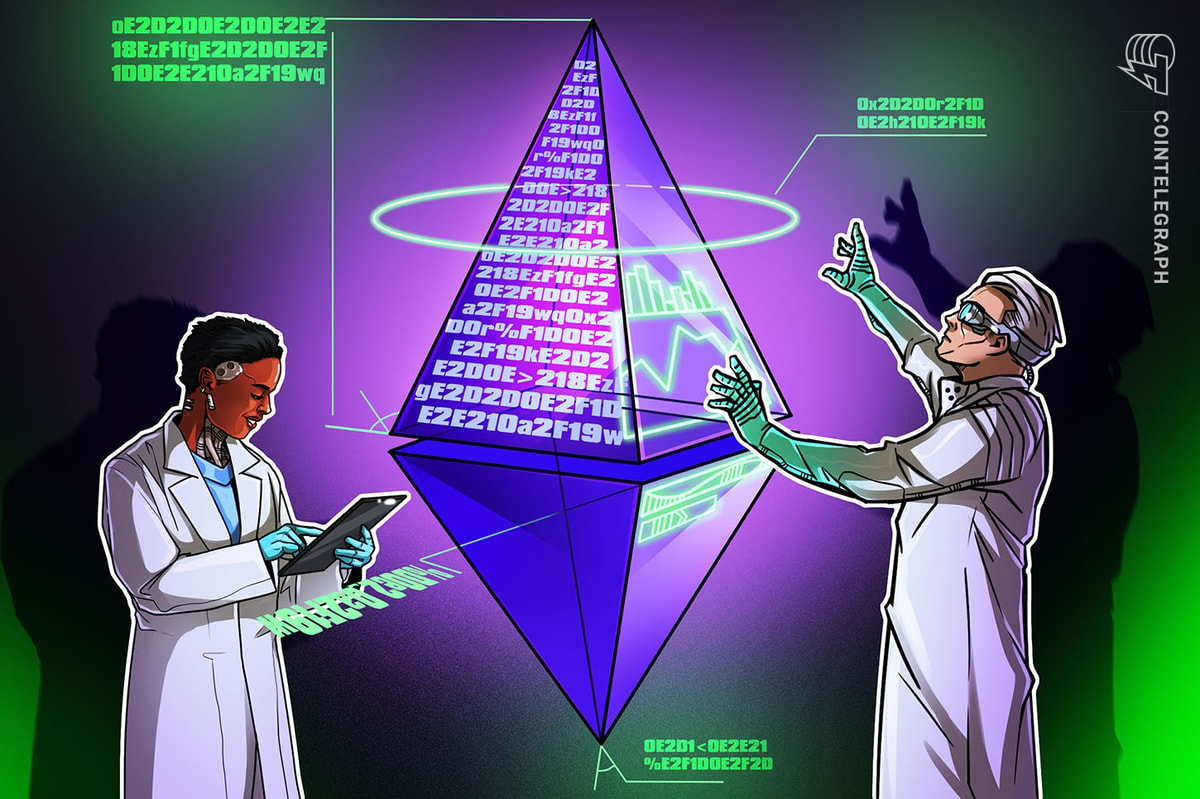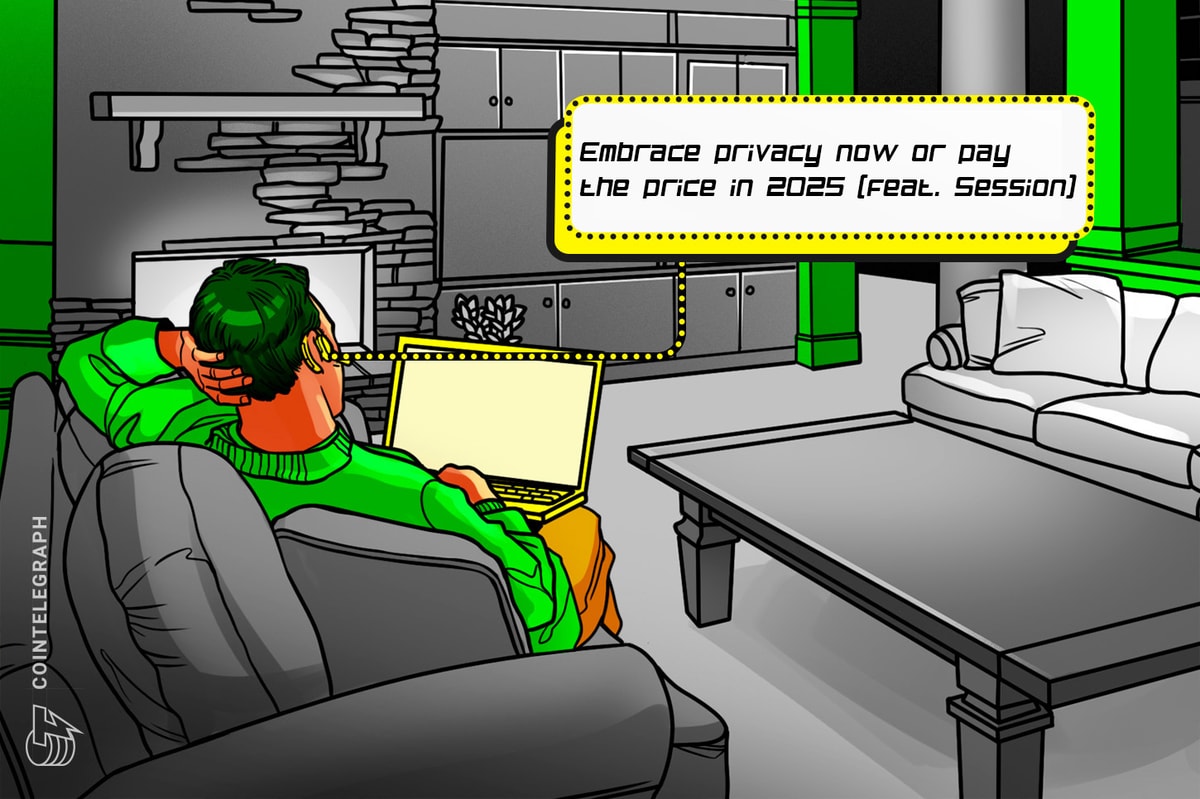
Kriptode’s LNSMS.world and Receive SMS allow for quick and private text messaging through Lightning payments.
Remember the ubiquitous public pay phones? Not so long ago, you could find them at every street corner and they allowed anybody to either make inexpensive calls or receive important messages in desperate situations. They were private in the sense that they required no identification, they offered a neutral degree of safety by virtue of their open positioning and their convenience inspired many Hollywood screenwriters to portray them as criminal tools — just ask John McClane in “Die Hard With a Vengeance.”
But in the era of affordable personal cell phones and mandatory know-your-customer (KYC) procedures with operators, it’s almost impossible to get the same kind of privacy. Thankfully, the developers from Kriptode have decided to make use of Lightning payments in order to integrate quick and private text messaging. LNSMS.world and Receive SMS don’t ask you for any kind of identification, allow you to pay for every use of a common phone number and grant you the best kind of confidentiality you can get when using the services of phone operators.
The principle is very simple: You basically rent a fixed phone number with which you send SMS messages for 700 satoshis/text, or get a new number from one of the seven different countries served at a cost of 40,000 satoshis. It’s all instant and permissionless thanks to the nature of the Lightning Network. In fact, the anonymity set is good enough to make even David Chaum proud.
Unfortunately, at this point in time the services are limited to SMS. Nonetheless, the good news is that you won’t find a cheaper or more private way of sending texts without any kind of registration or identification. As long as you make the corresponding microtransaction, you can instantly access the services.
LNSMS.world: Anonymous SMS for 700 Sats per Message
Let’s say that you find yourself in a foreign country and need to urgently send a text message but have no network coverage. Thankfully, you can access the Wi-Fi at the hotel. However, the recipient has no internet access but does have a good mobile network signal. If your message is urgent, the fastest and most efficient way is to send an SMS message. And unless a local is nice enough to let you use their phone (very unlikely), you can still work around the limitations, thanks to Kriptode’s LNSMS.

LNSMS
Also, the idea that you’re using the same phone number as everybody else in your country guarantees a greater privacy set. You don’t know who sent which message, and the best effort to deanonymize the contents is to get central access to the data and try to establish patterns by looking at the recipients. The terms listed by Kriptode for LNSMS mention that IP addresses are logged (which can be easily circumvented with VPN services, if required) and illegal activities are strongly discouraged.
But when you live under an oppressive regime and can’t communicate with your friends and loved ones without fear of repercussions, LNSMS is a great way to give Big Brother a headache. However, for safety purposes, it’s recommended that you also make use of the second Lightning application (LApp) offered by Kriptode, LNSMS.
Receiving SMS Messages — A New E-dentity for Your Texts
Conveniently, for the purpose of this article, Receive SMS allows you to get a Hong Kong number, for example, where all of your private texts can be sent. In the context of the ongoing anti-extradition bill protests, this can be a vital tool that protects your identity. It doesn’t matter if you’re one of the protesters who march every day on the streets, a journalist who documents the events or any kind of foreign observer. As long as you’re a potential target for the government and everything that you do or say can be used against you, it’s in your best interest to make use of the most private means of communication available.
If the authorities decide to pay closer attention to internet activity on social media or arbitrarily block access to encrypted messaging applications like Signal, Telegram and WhatsApp, then you must adapt to the situation and utilize the channels that are still permitted. And since standard SMS is easier to track and control, it’s more likely that governments will continue to allow its use.
But it’s much more difficult to make all of the connections between messages sent and received through LNSMS and Receive SMS. Though the IP addresses can be checked and the servers can be audited, linking all forms of communication is difficult, time consuming and resource intensive.

Receive SMS
Furthermore, privacy isn’t just for those challenging a political establishment. It’s a social requirement that makes us stand up from the office desk and seek sonic refuge whenever we receive a call from a family member, for example. It’s the element that protects individuality and personal growth. Keeping this in mind, there are many reasons why somebody might want to get a new phone number for SMS.
What is certain about Receive SMS is the cost. As noted above, you pay a one-time fee of 40,000 satoshis, which grants you ownership of the phone number and the privilege to see who sent you messages and at what time. If you also want to read the contents, then you will be charged 500 sats per piece. It’s definitely not the cheapest way to communicate, but privacy comes at a cost. You can get a new phone number as many times as you want, and the service has a very simple and convenient interface.
Conclusion — Is Using SMS Worth It?
Both LNSMS and Receive SMS are basic services that rely on a trusted third party to rent a new phone number. They are simple to use and easy to comprehend. Once you acquire this new identity on the network, depending on your service of choice, you can either deliver or receive texts. Their Lightning integration is ingenious, and the functionality has proven to be instant during the tests I conducted for the purpose of this review.
However, the extent to which SMS is necessary depends on disparate individual situations. If you have no access to various instant messaging applications and need your texts to get across, then it can be a great idea. If you want to sign up for a service without giving away your real phone number, it’s very useful. Also, if you’re into pranks, this can be fun for a little while. Nonetheless, the extent to which governmental surveillance can be bypassed is debatable. Authorities can’t possibly block Lightning payments, but they can shut down the operations of Kriptode in their countries by simply disabling access to the recorded phone numbers.
The costs of both LNSMS and Receive SMS are affordable but still exceed whatever you’d pay for a subscription with any operator around the world. 700 satoshis for a maximum of 160 characters isn’t quite convenient unless you have a greater need for privacy. Likewise, renting a phone number just to receive texts is a luxury that is billed accordingly.
There’s an old saying about Bitcoin being great as long as it allows people to find creative ways around rules. In this regard, Kriptode’s SMS services are exactly what you need if your activity requires private and permissionless texting. They are the modern-day equivalent of public pay phones, except that voice calls get transcribed in 160 characters. It’s remarkable to see how Lightning is able to revive such old and forgotten business models.










